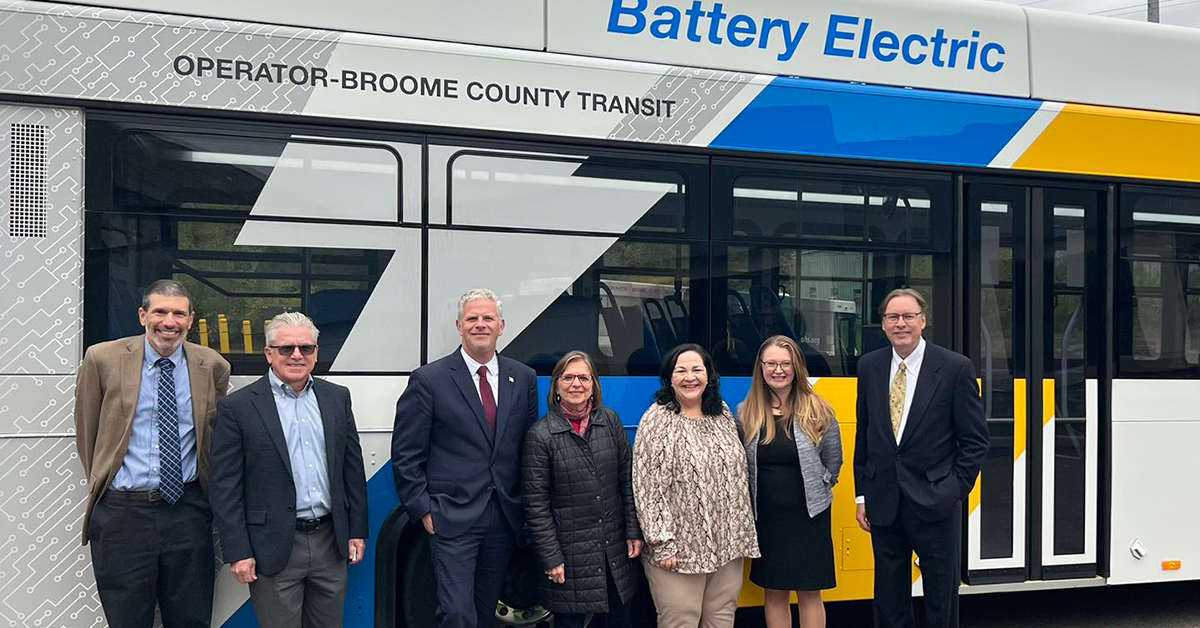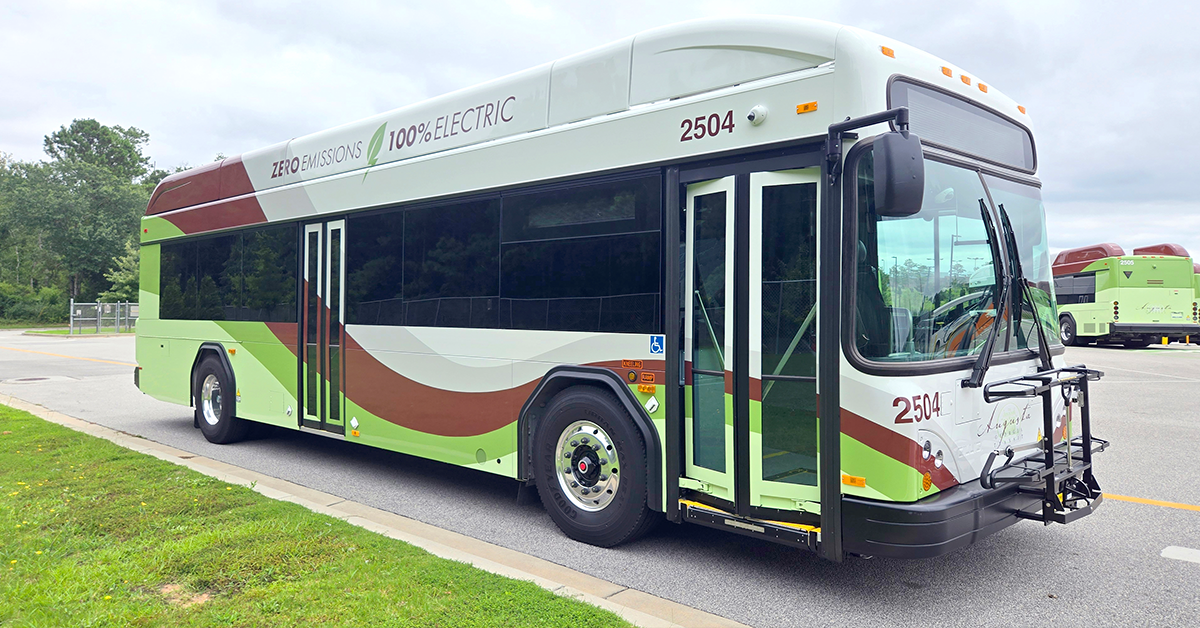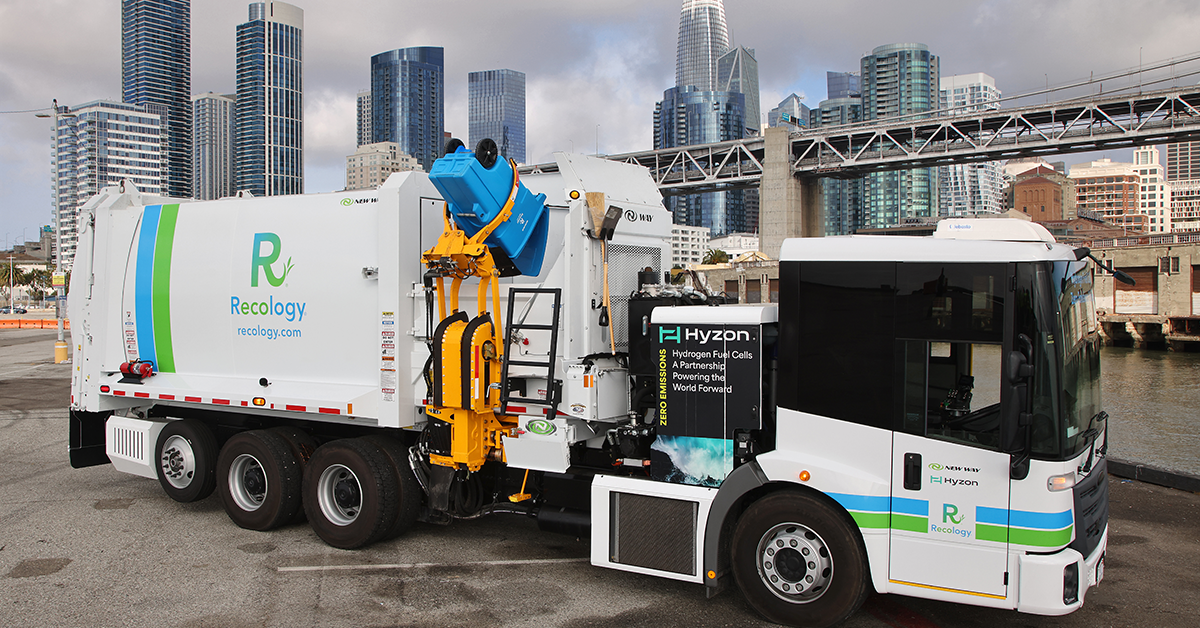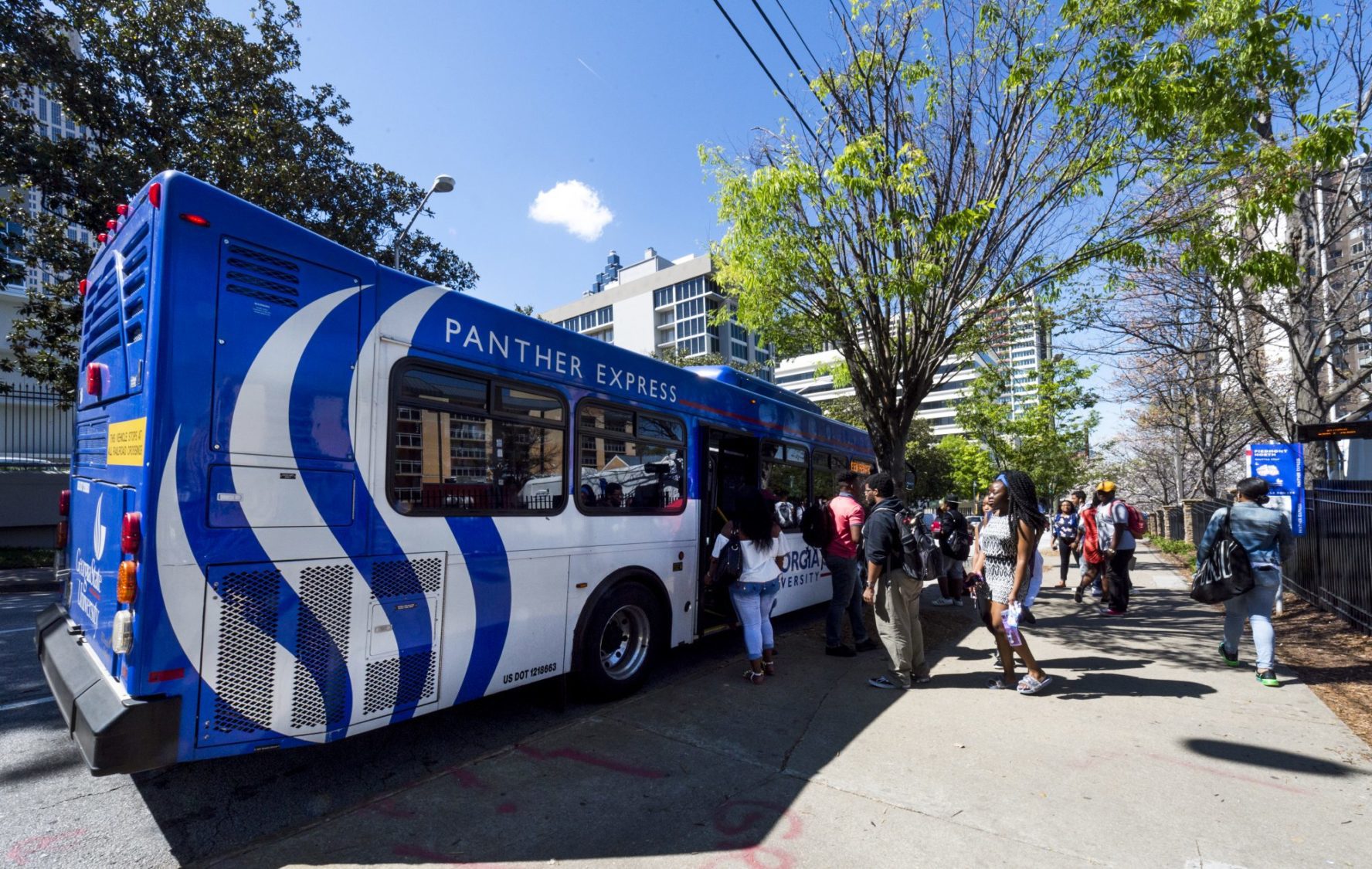Newly Released CTE Study Looks at Cold Weather Effects on Electric Bus Range

FOR IMMEDIATE RELEASE:
Atlanta, GA, November 2019: The Center for Transportation and the Environment (CTE) with the Midwest Hydrogen Center of Excellence (MHCoE), Cleveland State University (CSU), and the Stark Area Regional Transit Authority (SARTA) have released a study evaluating the relationship between ambient temperature and fuel economy for zero-emission buses. This study builds upon previous efforts by incorporating daily-level data into the analysis, allowing the team to capture extreme temperature values that would be masked in an evaluation of monthly data.
All transit buses, regardless of fuel source, experience some loss of range in extreme weather. As transit agencies plan to replace their traditional diesel-fueled buses with zero-emission buses, they will need to consider the effects of extreme weather on the new buses replacing their existing fleets. Andrew Thomas, Director of the MHCoE said "Transit agencies located in cold weather climates will need to consider the effects of winter on the range when planning a transition to zero-emission buses. Hydrogen fuel cell buses appear to offer cold weather ranges that will be most compatible with traditional route planning." This paper attempts to compare both battery-electric and fuel cell electric buses' fuel economy in relation to varying temperature trends.
"As someone who has relied on a bus year-round in an area of the country with very cold weather - I haven't forgotten standing outside in -30 degrees Fahrenheit last winter - it is important to me that we share these real-world range results of zero-emission buses under a wide range of temperature conditions to ensure that they are deployed successfully throughout the United States," said Alison Smyth, Engineering Consultant at CTE.
The Study Team collected data from eight transit agencies: four that deployed hydrogen fuel cells and four that deployed battery-electric buses. The results of the analysis show that the loss in range during a temperature change from 50-60°F to 22-32°F was greater for battery-electric buses (37.8% decrease) than for fuel cell electric buses (23.1% decrease). Since battery-electric buses typically have a smaller range than fuel cell electric buses even under optimal conditions, this is an important consideration for transit agencies that are seeking one for one bus replacements.
This study seeks to provide transit agencies with planning insights as they consider strategies for replacing existing fleets, and does not intend to recommend one technology over another. "As a transit agency operating in the Midwest it is our goal to provide the best service possible to our riders," said Kirt Conrad, CEO of SARTA. "This includes being able to operate our fleet with the greatest efficiency possible. This study, and its findings, help to show that hydrogen fuel cells are a viable option for other transit agencies in addition to their success here in Stark County."
This effort was funded under a National Fuel Cell Bus Program grant provided by the Federal Transit Administration.
View the study by following this link: An Analysis of the Association between Changes in Ambient Temperature, Fuel Economy, and Vehicle Range for Battery Electric and Fuel Cell Electric Buses→
About CTE
The Center for Transportation and the Environment is a 501(c)(3) nonprofit with a mission to improve the health of our climate and communities by bringing people together to develop and commercialize clean, efficient, and sustainable transportation technologies. CTE has worked on over 200 projects and leveraged more than $570 million in local, state, federal, and private funding to move cutting edge technologies into the global energy and transportation marketplace. Learn more at www.cte.tv and follow us on Twitter @go_CTE





